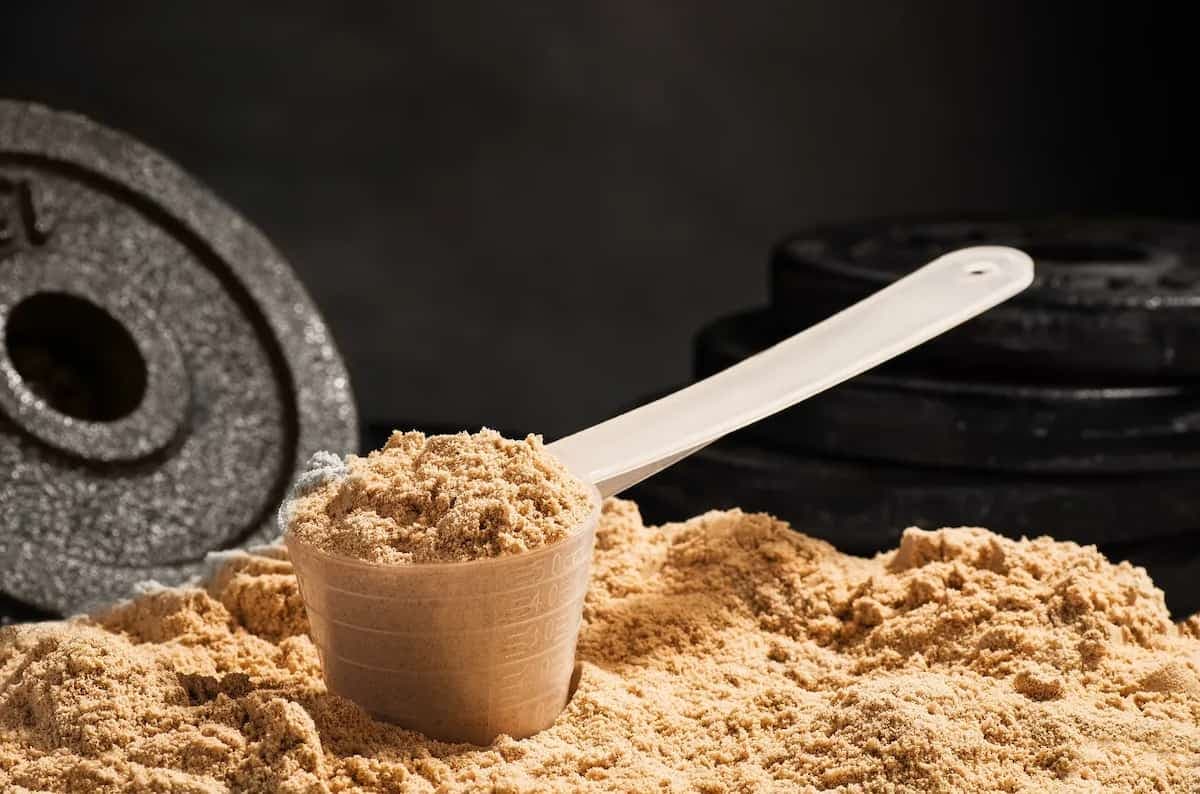Did you know that 80% of Indians are protein deficient? There have been reports stating that the recommended daily protein intake should be around 60-90 grams, whereas Indians consume only about 10-30 grams. Since whey protein is derived from a cheese-making process, it has a high biological value of 104%, which is the highest compared to other protein sources. Though it is one of the most consumed protein supplements, people still have apprehensions due to the various myths swirling around the internet. Little did we know that we need not be fitness freaks to consume whey but have a simple concern for our health.
Ms Akshali Shah, Sr. VP- Strategy, Sales & Marketing, Parag Milk Foods Ltd, breaks down these myths and understand how consuming whey protein can help build immunity and provide you with an armour to fight against any diseases.
Myth 1: Whey protein is not fresh
Consuming anything fresh is always beneficial for the body, and it is imperative to check the purity of the products before consumption. Hence, it is essential to buy whey protein powders packed with freshness. Also, it is necessary to choose products of reputed brands to ensure that the entire processing of the milk to whey is carried out within 24 hours to devour on the freshly churned product.
Myth 2: Whey protein is unnatural
Whey protein is a natural protein derived from cow’s milk which contains approximately 80% casein and 20% whey. After making cheese, the liquid whey gets separated. In addition, it has high levels of essential and branched-chain amino acids that help in faster absorption and digestion. So this means that whey is 100% natural and is not modified chemically.
Myth 3: All proteins are the same as whey
Based on the biological value, proteins vary in their absorption rate within the body. As mentioned earlier, whey protein has the highest value as compared to other sources of protein. Furthermore, it has a higher concentration and better profile of amino acids, which acts as a catalyst in building lean muscle mass growth.
Conclusion
The myths mentioned earlier will prevent anyone from getting wholesome nutrition that is highly beneficial to the body. Now that you have more clarity and knowledge about the myths associated with whey protein, you will better understand its significance and benefits in your diet. Then, it's time to reconstruct yourself by having a scoop of whey protein, and you will be surprised by the wonders that it will do for your overall health and well-being.



